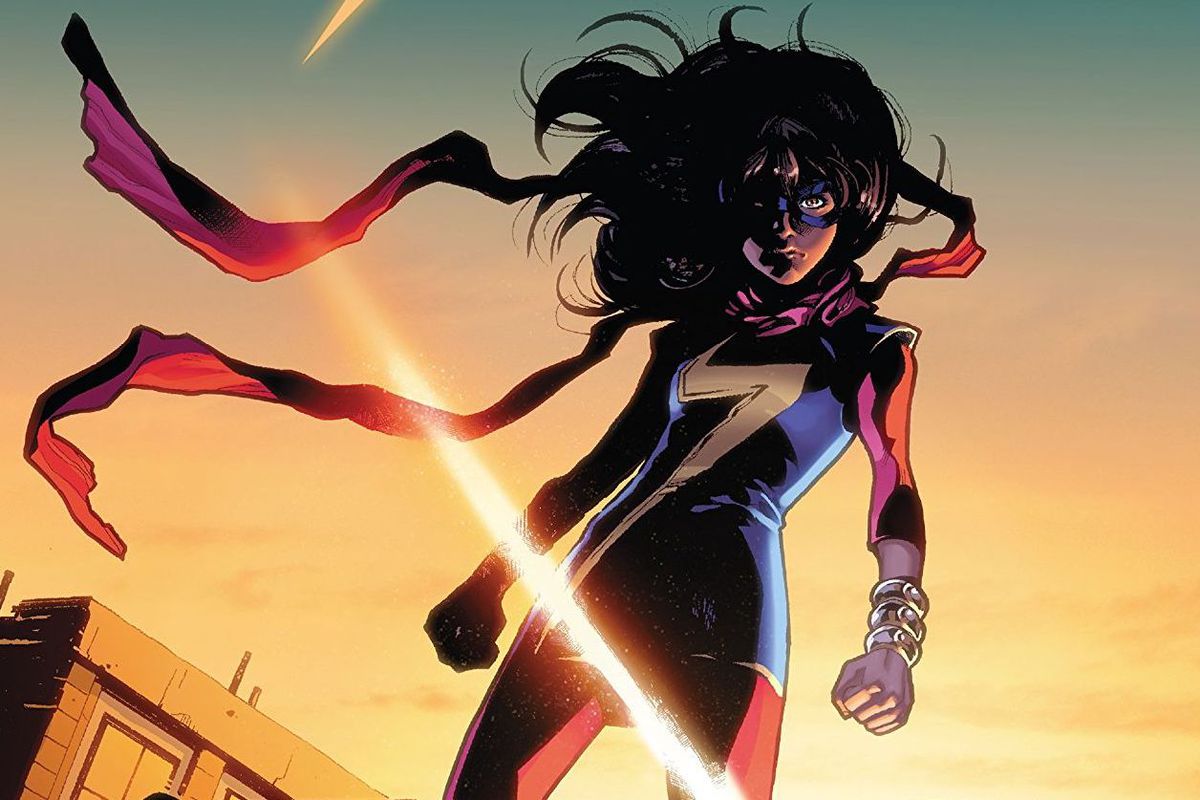This post contains spoilers for Amazing Spider-Man #26.
In 1940, MLJ Publishers had a problem. Their standout artist Jack Cole (best known as the creator of Plastic Man) had left the company, abandoning the hit series Pep Comics and its star the Comet. Without Cole’s pencils, the Comet didn’t pop in the same way, and the company needed something drastic to save its sales. So in Pep Comics #17, a thug guns the Comet down, inspiring his brother to become a new hero called the Hangman.
The first superhero death in comic books set the trend for all that followed. Pep killed off the Comet not for any story reason, but because they wanted to goose sales. And not only does his death launch another hero, but he doesn’t stay dead for good — MLJ (now Archie Comics) brought back the Comet in the 1960s and the 1980s, eventually licensing him to DC Comics.
Since then, we’ve seen many heroes die, and nearly all of them have eventually come back to life. Even those seemingly dead for good — such as Captain America‘s sidekick Bucky Barnes or Jason Todd, the second Robin — eventually find their way back.
So cliché are superhero deaths that the best writers have worked resurrection into their storytelling. The DC event 52 involved recently-returned heroes such as Green Arrow investigating a cult planning to bring back the fallen Superboy, while the current X-Men run involves the island Krakoa keeping backups of all the heroes, restoring them immediately after dying.
Despite this ubiquity, editors and writers continue killing characters as if readers will believe it. The latest example appears to be Kamala Khan aka Ms. Marvel, dying in the pages of Amazing Spider-Man #26. Written by Zeb Wells and penciled by John Romita Jr., the current run of Amazing Spider-Man finds Peter separated from Mary Jane, dating Felicia Hardy the Black Cat, and partnering with Norman Osborn. In recent weeks, Wells and Marvel have teased a major event in Amazing #26, calling it “the most shocking event to happen to Spider-Man in 50 years.” That dating refers to the death of Gwen Stacey in 1973, one of the few comic book deaths that hasn’t been reversed (give or take a clone) and one that legitimately upset readers.
Comments on the Reddit post that leaked the final pages of #26 are naturally filled with complaints against the book’s writer, with some calling the event “weird” and noting that with Kamala about to feature heavily in upcoming MCU project The Marvels, her death almost certainly won’t stick. Not only that, Kamala isn’t even really thought of as much of a supporting character in the Spidey comics, so why place the enormity of her death in one?
Outside of the fact that Marvel Editor-in-Chief C.B. Cebulski and Spider-Man editor Nick Lowe likely drove the story as much as Wells (if not more), it’s more than fair to ask these questions. The death of Kamala Khan in Amazing Spider-Man completely breaks the fiction and draws readers’ attention toward editorial and business machinations. Kamala has been a relatively minor part of Amazing, a further indignity Marvel has heaped upon one of its brightest new characters since ending her ongoing in 2021.
In a universe in which death can’t even hold back D-Man, there’s no way we’ve seen the last of Kamala Khan, not when the delightful Iman Vellani will be reprising the role in this year’s The Marvels. The last time Marvel pulled a similar stunt, releasing The Death of Doctor Strange in 2021, Stephen Strange was back again (albeit in a younger form) in time for the release of Doctor Strange in the Multiverse of Madness in 2022.
So, what’s the point? Sometimes, great stories can come from the interim between a character’s death and return, even when the latter is a forgone conclusion. Take Grant Morrison‘s wonderful Batman & Robin, which saw Dick Grayson don the mantle of Batman after Darkseid killed (actually sent back in time or reality or multiverse or something — it’s Morrison) Bruce Wayne. The series actually developed Grayson and his Robin Damian Wayne, showing new sides to the characters. Likewise, the “death” of Peter Parker in Dan Slott‘s run, after having his mind swapped by Otto Octavius, turned into a celebration of everything great about Peter, his kindness and selflessness, leading to a well-earned return.
Ms. Marvel will get something of a similar treatment in the one-shot Fallen Friend: The Death of Ms. Marvel, which features stories from those who wrote the best Kamala tales, including co-creator G. Willow Wilson. While we’re certainly grateful to see Kamala get some attention, it’s really unfortunate that it comes through such a tired and lazy plot point.
Then again, if Marvel launched a Ms. Marvel one-shot without killing the character, would we still be talking about it here? Maybe superhero deaths happen because these stunts work just as well now as they did when the Comet died, eighty years ago.
